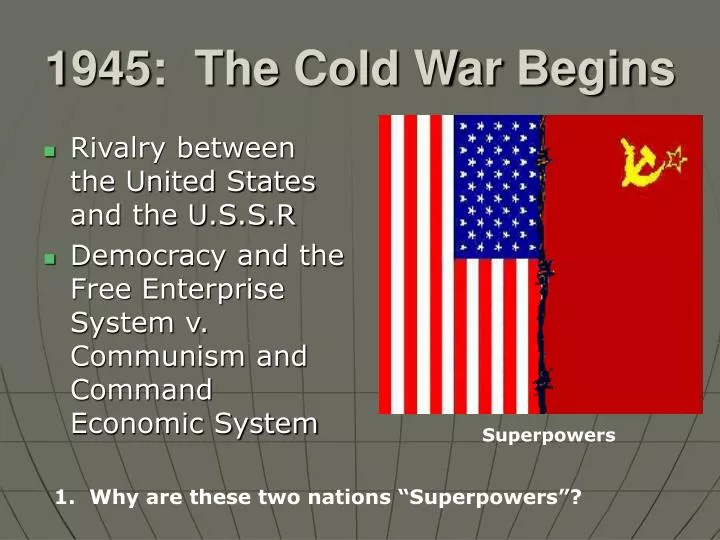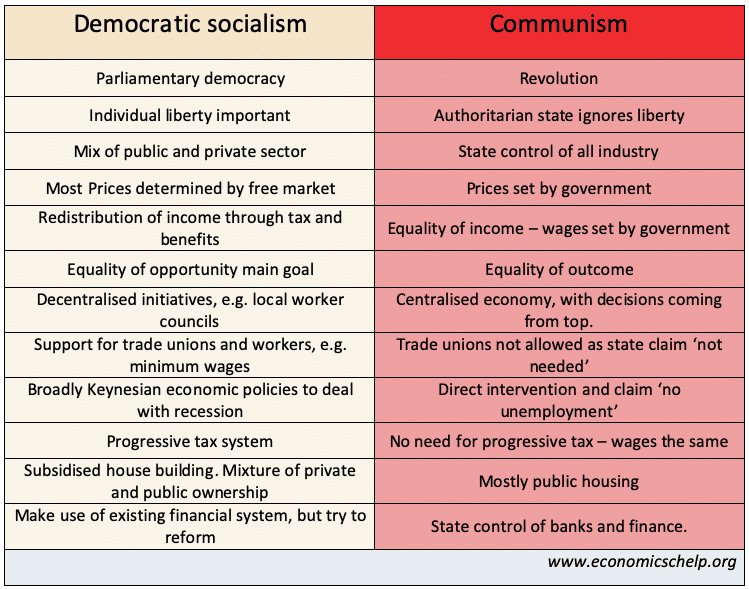
The contrast between the ostensible goals of the war and the obvious injustice in the colonies could not have been more evident. Once the war was over, troops returned home to societies that were still governed not only as political dependencies, but were divided starkly along racial lines.

Many independence movements, such as India’s, refused to aid in the war effort as a result. Colonial troops fought in the name of defending democracy from fascism and tyranny, yet back in their home countries they did not have access to democratic rights.

Colonial troops had played vital roles in the war, with millions of Africans and Asians serving in the allied armies (well over two million troops from India alone served as part of the British military). There were a host of problems with imperialism by 1945, however, that were all too evident. Many in France and Britain in particular thought that their colonies could somehow keep them on the same level as the superpowers in terms of global power and, in a sense, relevance. Many Europeans felt that, with all their flaws, colonies still somehow proved the relevance and importance of the mother countries – as an example, the former British prime minister Winston Churchill was dismayed by the prospect of Indian independence from the British commonwealth even when most Britons accepted it as inevitable. One issue of tremendous importance to most Europeans was the status of their colonies, most of which were still intact in the immediate postwar period.

Thus, many Europeans struggled to make sense of their own identity, with the height of European power still being a living memory. The Soviets directly controlled Eastern Europe and had an enormous amount of influence in the other communist countries, while the United States exercised considerable influence on the member nations of NATO. It was American aid or Soviet power that guided the reconstruction of Europe after the war, and both superpowers proved themselves more than capable of making policy decisions for the countries within their respective spheres of influence. One of the definitive transformations in global politics after World War II was the shift in the locus of power from Europe to the United States and the Soviet Union.


 0 kommentar(er)
0 kommentar(er)
